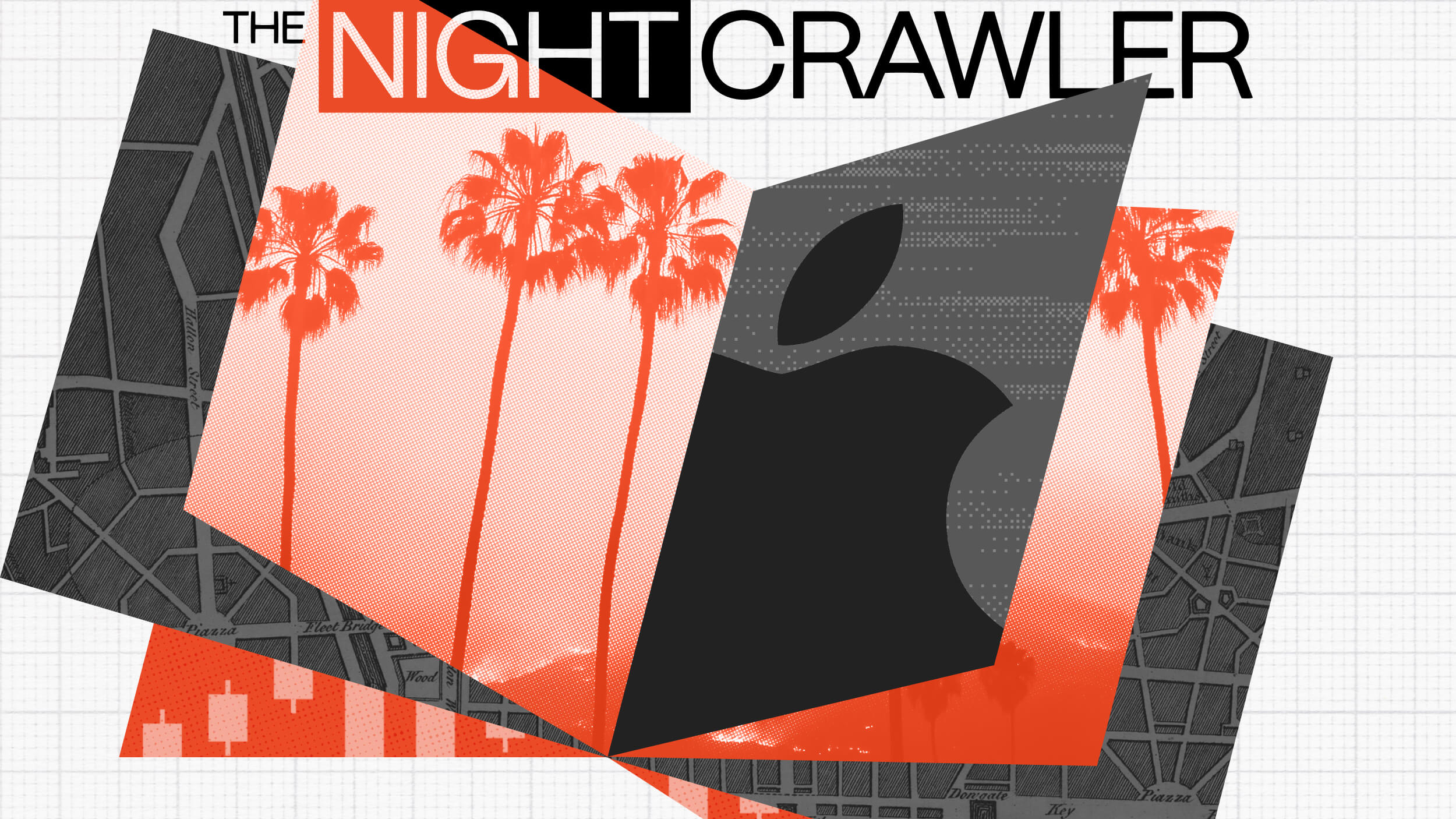There are three specific myths that surround our most beloved creators, and if you model yourself on those myths, you’re setting yourself up for failure. The myths are (1) the lone wolf inventor; (2) the eureka moment; (3) the myth of the expert. From new theories of physics and revolutionary patents to Toy Story and the iPhone, creators depend on their ability marshal the talent of large teams of people. Yet despite the readily available evidence that we tend to romanticize innovation, myths persist because we love telling stories in narrative form.
Tim Sanders: There are myths of creativity and these myths are usually propagated by people that have romantic notions about heroes, romantic notions about eureka moments. And these myths of creativity keep people from collaborating and it causes them to be a lone wolf. And the research says it causes them to fail. So let me talk a little bit about those myths of creativity. In the world of sales and marketing, I battle against three myths. Myth number one — the lone inventor. This is very dangerous because there is no such thing as a lone inventor. As a matter of fact, there’s a lot of historical research that has debunked [Albert] Einstein specifically in terms of inventions. Henry Ford. Not a lone inventor. A classic example — Thomas Edison. In the invention community, Thomas Edison is a brand. It stands for 14 people. Yes there was a figurehead named Thomas Edison. His name is on 10,000 patents. He did not invent a single thing. He marshaled people together and knew how to spot innovations and put people together like a creative soup, if you will. Here’s a classic example. Steve Jobs. You ask the average person, say a millennial who uses a lot of Apple technology, who’s one of the greatest inventors of our time? They’ll say Steve Jobs. Steve Jobs once said I never created anything. All I did was notice patterns and put people together to finish projects. So think about it. If he doesn’t have [Steve] Wozniak, there is no original Apple, right. If he doesn’t have [Jony] Ive, there is no iPod. If he doesn’t have Tony Fadell, there is no iPhone and the list goes on and on. Got a good friend of mine, David Burkus, who wrote a really wonderful book about the myths of genius. And he was telling me that it’s a romantic notion. And I remember when I first read this research years ago, "No Lone Inventor," it did kind of hurt my feelings.
I’m a musician in my past. I thought I wrote a lot of songs, but according to the research I never wrote a song. I always collaborated with somebody. The song that actually made it to the record or made it on the radio had 15 to 50 hands on it. When I talked to David, I said, "When I read your research, it kind of hurt my feelings." And he goes, "It’s a romantic notion because we want to be heroes." We want to be as empowered as Ayn Rand. We want to think that we are The Fountainhead so this is how we tell the story. But until you believe that genius is a team sport, you will never give up control. And this is the problem for a lot of people in sales. They don’t want to seed any level of control over their process to somebody outside of sales world because they don’t value those voices enough. But the research is clear on this. Miller Heiman Institute researched the difference between good and great. They call it world-class organizations. They win. They sell 20 percent more than their nearest competitor. The only thing they have in common is they’ve broken this myth and they understand that every deal is about rapid problem solving and no one person can solve the problem on their own. Quickly the other two myths of creativity that must be dispelled is the eureka moment. There is no such thing as a big idea that changes the world. I know this is another one of those hurtful, but very true based on empirical research, points. There are little ideas that combine with other little ideas that improve themselves into game-changing ideas. And I’ve experienced this personally by who I consider one of the authorities on creativity, Ed Catmull, president of Pixar. I remember standing backstage a few years ago just gushing to him about John Lasseter, his VP of creative. I’m like, he’s the bomb. This is the guy who wrote Wall-E, the commercial. This is the guy that wrote the script for Toy Story, you know, telling the story from the toys point of view. And I remember Catmull looked at me, cut me off and not to dismiss Lasseter, he said Toy Story was a problematic idea from the start. Make an entire full-length feature film inside a computer. Do you understand how hard that is from a rendering-time standpoint?
Make the characters as human as human. They didn’t even have facial control or technology at the time for this. And tell the story from the toys' point of view when we’ve never historically had a toy have any narrative for us to draw on. Catmull explained that nine months in, they shut the film down after a meeting with Disney. They called it Black Friday. And the Catmull said something to me that shattered the myth of the eureka moment. Catmull said Toy Story, the movie you saw, was a thousand problems solved. And it was like a bolt of lightning. I was like I get it. When you do a million dollar deal in an ad agency, it’s not a big idea; it’s a hundred problems solved; 80 of them are inside your agency. As you move through every level of that sale, you get obstacles in front of you. And what this means is that if we no longer depend on the big idea to fall out of the sky and change the world, we meet more, we think more, we research more, we settle with small pieces of progress that add up to momentum. Finally, the third myth of genius or creativity that must be shattered if you want to be more collaborative is the myth of the expert. Now I believe in involving people in a dealstorm who we think are experts on the problem space. But if you notice, I don’t want experts on the solution space. Because most of the great solutions to vexing problems come from the edges of a domain, you know. People that don’t know what they don’t know. So they’re not limited by these false constraints that hold people back that are in the middle of this subject. So the way I like to think about it is if you could talk to a fish — if you could; if the fish could respond; if it could — and you walked up to a fish in a fishbowl and you ask the fish, "How’s the water?" The fish would look at you puzzled and ask you, "What’s water?" And that’s the problem with experts. People that are so steeped in the domain they don’t have the expansive perspective that allows them to recognize patterns and convergence. Because every invention, every solution is really about pattern or convergence recognition. And so it’s really important for us to follow the following mantra in collaboration. Ideas can come from anywhere.
As a matter of fact in Dealstorming, that is one of my four key ground rules. It’s just as important as stay on agenda and don’t distract the person next to you. Because the problem with the myth of expert is it leads to not invented here dismissal of good ideas. So when you’re in a dealstorm meeting and someone who’s on the edge of the domain — I’ll just give you an example. Someone out of finance that generally handles something as mundane as revenue recognition. They come to one of your meetings because you have a problem related to how you recognize the revenue of this deal or whatever. And you’re in the middle of this conversation about packaging and they come up with a really novel way to think about how it’s built. You might look at that person and say you don’t know anything about billing sales. You’re just a revenue recognition analyst. We know billing and sales. You’re about to shut him down for the rest of the meeting. And what you don’t understand is that he may have an educational background. He may have had previous jobs. He may have a significant other that is steeped in the billing expertise and he’s drawing upon all of that. The minute you tell someone only experts can weigh in with ideas, everyone who’s not an expert stops contributing. In my experience, it breaks down collaboration.





